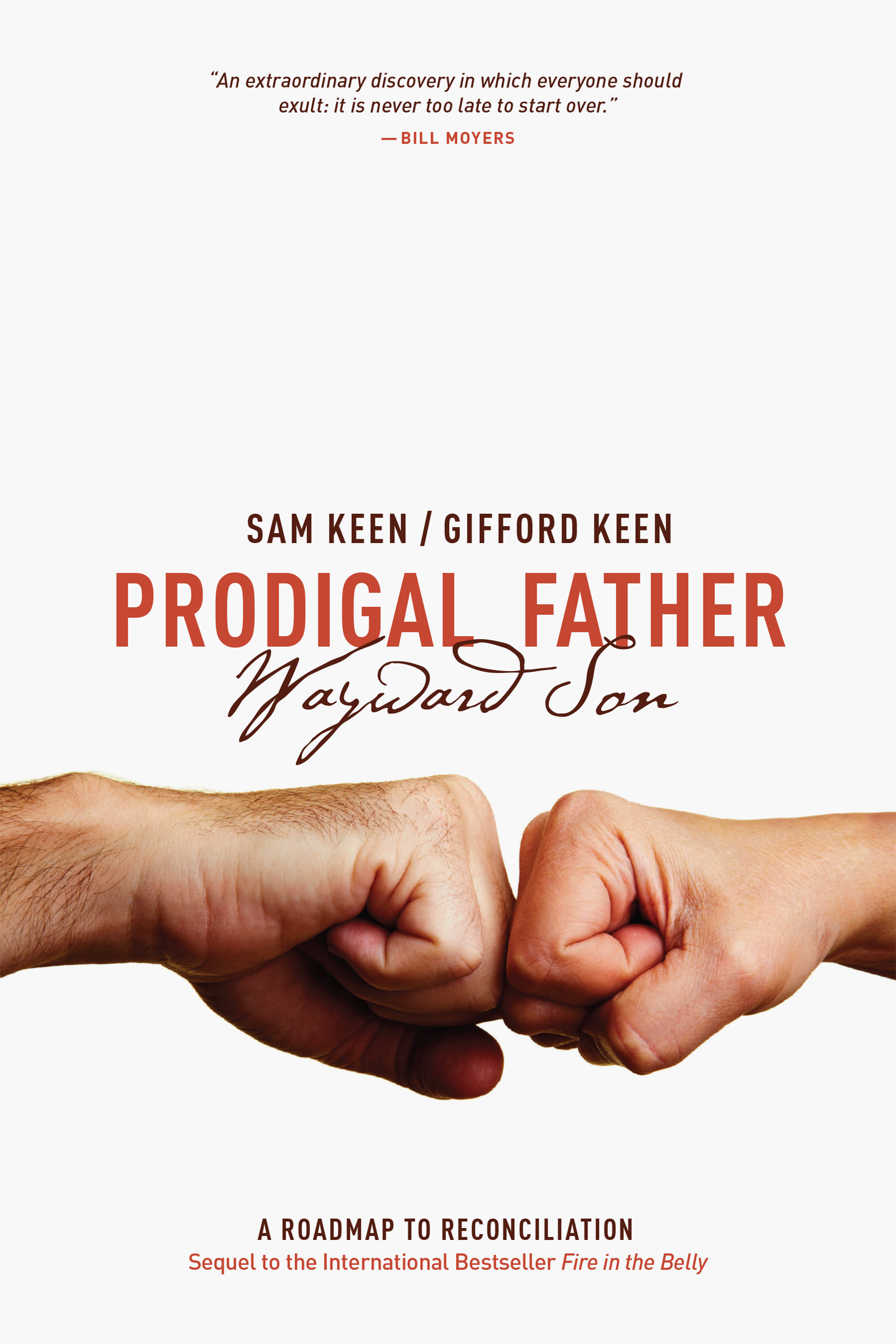Repaying Our Ecological Debt
Scarcely a week passes without the media alarming me by stories and statistics about the crisis in the rain forests of Brazil and Costa Rica. I am painfully aware that every minute untold acres are being slashed and burned to make way for cattle, mining or lumber. Every time I inhale I feel a twinge of panic as I realize that the earth’s lungs are being destroyed. Our vital oxygen replenishment capacity is shrinking a little bit with every tree that is cut. At the same time our airsheds are becoming increasingly polluted by belching factories,cars and planes and the atmosphere is heating up.
We all want to do something about it. But what? Funds to save the tropical rain forests are springing up like seedlings. Bankers and environmentalists are suddenly making common cause to swap debt for trees, to forgive a portion of the foreign loans of third world nations in exchange for a promise to preserve a portion of forest. As always, there are scientific studies that threaten doom and committees that promise a change in policy by l999 that will keep us out of harm’s way.
Recently, what rightly should be called, “the overdeveloped nations” have begun to apply pressure on Brazil to preserve it’s forests. But, I fear, both our concern and pressure are colored with a tad too much self-righteousness. Listen to the words of a typical editorial: ” Brazil has been showing a little pique of late over foreigners concern for its rain forests. The lush Amazon basin is Brazil’s territory , after all, huffed President Jose’ Sarney, and the Brazilians don’t need to be told to protect their own land. But without international expressions of concern, its’ doubtful that Brazil would now be inching towards protecting its forests. Given a growing awareness of the link between massive deforestation and global warming, that concern can only intensify…The rest of the world has to take care to work with, not at odds with, countries like Brazil… helping a people appreciate, preserve, and make better use of their natural resources” (Christian Science Monitor April 24.)
No straight thinking, deep breathing person can object to such sentiments. I say we should all learn to salute rain forests right after apple pie and mom and before quarterly profit statements. But if I were President Sarney I too think I might feel a bit piqued, maybe even huffy. I might suspect hypocrisy. I might feel as if I was being preached an ecological sermon by someone who didn’t practice what he or she preached. I might reply to my critics: Let whoever is without ecological sin cast the first stone.
According to my biology textbook, a tree is a tree is a tree, and whether its grows in Brooklyn or Brazil it is effective as an air conditioner. It absorbs CO2, give off oxygen, and filter polluted air. As a matter of fact urban trees are even more effective than their country cousins since they help cool the heat sink that radiates from every city. In the Summer a few well planted maples or elms can give enough shade to save 30% of the electricity used in cooling. So, before we get too righteous about saving our neighbors forests we might look at the trees in our own backyards.
In my hometown trees are routinely sacrificed on the altar of progress without so much as a twinge of ecological conscience. The first thing builders of shopping centers, large-scale housing developments and industrial parks seem to do is bring on the bulldozers to clear the land of all vegetation so they can sculpt the raw dirt closer to their hearts desires and master plans. If we are lucky, they leave or replant a few cosmetic trees to grace the asphalt parking lots. Occasionally, cases verging on slaughter of the forests, silvacide, do arouse public ire. In a nearby town there was much public indignation when 50 old redwoods were cut to make room for a single family dwelling. But nothing was done to right the ecological wrong. The habit of destroying trees to accomodate new construction is so common that cities do not even keep statistics about how much of the remaining urban forest is cut in a given year.
Last year when I built my own house I had to cut four oak trees, one of them a gnarled ancient of days. Before and after chainsawing I agonized, until it occured to me that I could quiet my conscience by replanting the number of trees I had cut.
It is high time we stopped considering urban trees expendable and expecting someone far away in the tulles or the tropics to save the forests and airsheds for us. We must recognize that we can only preserve our enviroment if we adopt a new ecological ethic based on a simple principle: each of us has an obligation to replace what we use. When we build a house, buy a newspaper, use a paper bag or any other wood-product we incur an ecological debt, a moral responsibility to reforest. The average North American uses the equivalent of 3.8-5.8 trees per year. (William Chandler. World Watch) And we urgently need to translate this ethic into law. We could stop our urban silvacide immediately if each city and county building department, in issuing building permits, required the replanting of the same number of trees that were to be destroyed to make room for new construction. Where it is impractical to replant on the site of the new building the ecological debt of a builder could be satisfied by making a payment of a planting fee to a Park Department or an organization like The Friends of the Urban Forest that could plant the required number of trees elsewhere in the city.
As for the moral obligation to replace what we use. Each of us needs to find ways to fulfill our ecological responsibilities. I’m not sure how to calculate my proper share of the yearly mountain of newsprint and lumber. But near where the old oak trees stood I have planted four California pepper trees,three apples,two plumbs,a pear and an exotic Chineese Tallow tree. Just to be on the safe side I plant a seedling every month or two. I suspect I am developing an obsession because lately I have started hanging out at nurseries fondling saplings and wondering whether a willow or a hickory would grow down by the winter creek. Or maybe a cedar. Or..




